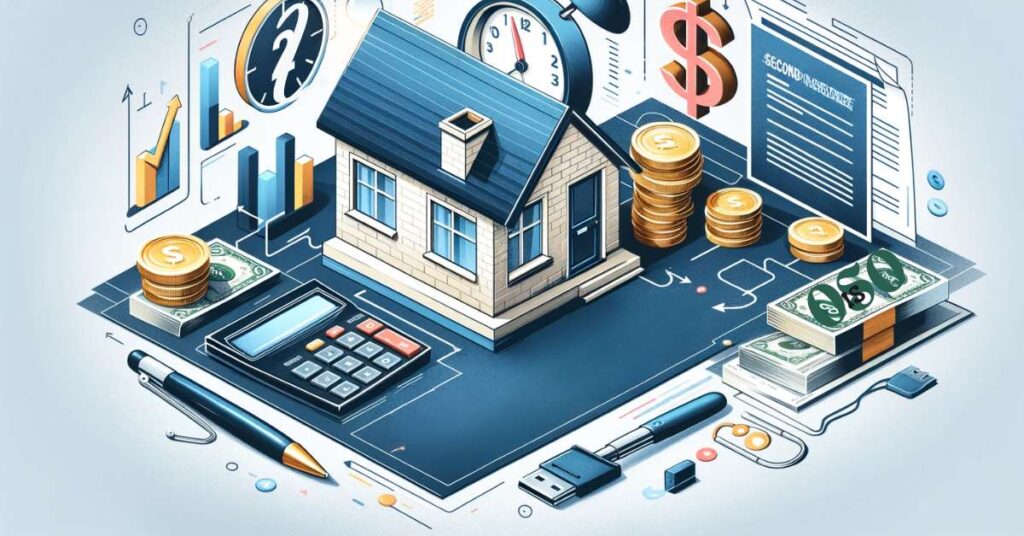Introduction
Navigating the world of mortgages can be daunting, and the term ‘second charge mortgage’ often adds to this confusion. Typically, this is a topic that isn’t widely discussed, but understanding it can be crucial, especially for homeowners looking to leverage their existing property’s equity. Let’s break it down into simpler terms.
1. What is a Second Charge Mortgage?
A second charge mortgage, also known as a ‘secured loan’ or ‘homeowner loan’, is a loan that you take out against your property, which already has a mortgage on it. Think of it like a second layer of borrowing, where your home is used as security by the lender.
2. How Does It Work?
To put it simply, if you have a mortgage on your home and you need to borrow money, you can opt for a second charge mortgage instead of remortgaging. Here’s how it works:
- Security Against Your Home: Just like your original mortgage, a second charge mortgage is secured against your home.
- Separate from Your Main Mortgage: It is an entirely separate agreement from your primary mortgage and does not affect it.
- Repayment Terms: You will have to make monthly repayments on this loan, just like your original mortgage.
3. Why Consider a Second Charge Mortgage?
There are several situations where a second charge mortgage can be beneficial:
- Avoiding High Remortgaging Fees: If exiting your current mortgage will incur high fees, a second charge mortgage can be a cost-effective alternative.
- Different Interest Rates: When the interest rates are higher than your original mortgage, it might be cheaper to borrow additional money with a second charge mortgage.
- Flexibility in Borrowing Amounts: Depending on the equity in your home and your ability to repay, second charge mortgages can sometimes offer more borrowing flexibility.
4. The Risks Involved
While a second charge mortgage can be a helpful financial tool, it’s not without risks. The most significant is that your home is at risk if you cannot keep up with repayments. Also, accumulating additional debt on your property can impact its equity and your overall financial stability.
5. Who is Eligible?
Eligibility for a second charge mortgage typically depends on:
- Sufficient Equity in Your Home: You must have enough equity in your property to secure the loan against.
- Stable Financial Circumstances: Lenders will assess your credit history and current financial situation.
- Ability to Repay Both Mortgages: You must convincingly demonstrate your ability to repay both your original mortgage and the second charge loan.
6. Considering Alternatives
Before opting for a second charge mortgage, explore alternatives like remortgaging or personal loans. Each option has its advantages and disadvantages, depending on your circumstances.
Conclusion
A second charge mortgage can be a valuable tool for raising funds using the equity in your home. However, as with any significant financial decision, it’s crucial to understand the risks and benefits. I strongly recommend consulting with a financial advisor to explore whether this is the right path for you, considering your personal financial situation and future plans.

Too discrete to give his real age (but certainly in the grizzled veteran bracket), Tom is an Army brat who spent much of his childhood overseas. After moving back to Florida in the 80’s with his family, Tom worked a variety of jobs after college before finding his calling in the mortgage industry. Now, adding his decades worth of experience to this site, Tom hopes to help others with his knowledge.
After working through the 2008 crisis in a hard hit bank, Tom knows only too well the impact his industry has on people’s lives. Now semi-retired, Tom spends his days keeping up with the latest news in the mortgage industry (and finding the odd hour or three to fish).
